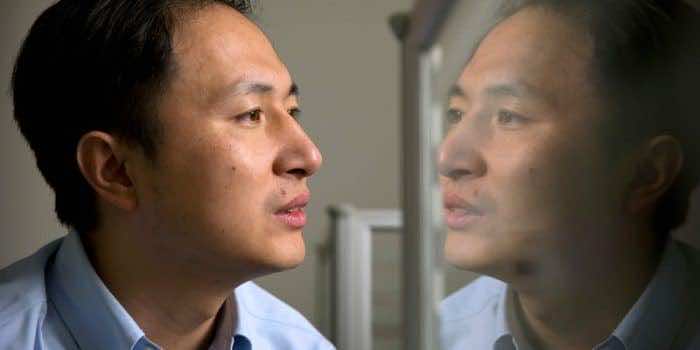According to reports, biophysicist He Jiankui, who received a three-year sentence for developing the world’s first genetically modified babies, may be freed from a Chinese prison this week.
Jiankui illegally used the genome editor CRISPR to modify the DNA of human embryos and implant them into two women, resulting in three births, causing ethical uproar and concerns about the newborns’ health.

According to reports, a court in Shenzhen concluded that He and two accomplices manipulated ethical review documents and tricked doctors into unintentionally implanting gene-edited embryos into two women. One woman gave birth to twin daughters in November 2018; however, it is unclear when the third child was delivered.
The court decided that the three defendants had purposefully breached national biomedical research and medical ethics standards and introduced gene-editing technology to human reproductive medicine prematurely. The Chinese researcher was convicted of “illegal medical activities” and sentenced to three years in prison.
According to Chinese media, the court heard the case in secret to ensure the personal privacy of the persons involved. The report said that physical and documentary evidence, witness and expert testimony were submitted to the court but provided no further specifics.
/cdn.vox-cdn.com/uploads/chorus_image/image/53258647/shutterstock_559467526.0.jpg)
Jiankui’s research position at China’s Southern University of Science and Technology was immediately terminated. He is, however, out of prison, according to MIT Technology Review, and has even answered his phone for a call.
It’s subject to debate as to what He’ll do next. He is “idealistic, naive, and ambitious,” according to MIT Tech sources. He was reportedly startled by the experiment’s criticism as he initially expected to have achieved a Nobel Prize.

The idea of messing with human DNA is hampered by various unresolved ethical issues, including the fact that many top experts have little grasp of how genetic code functions in an organism. But, the fact that it was done for the first time, though, is a clue that should not be overlooked.


